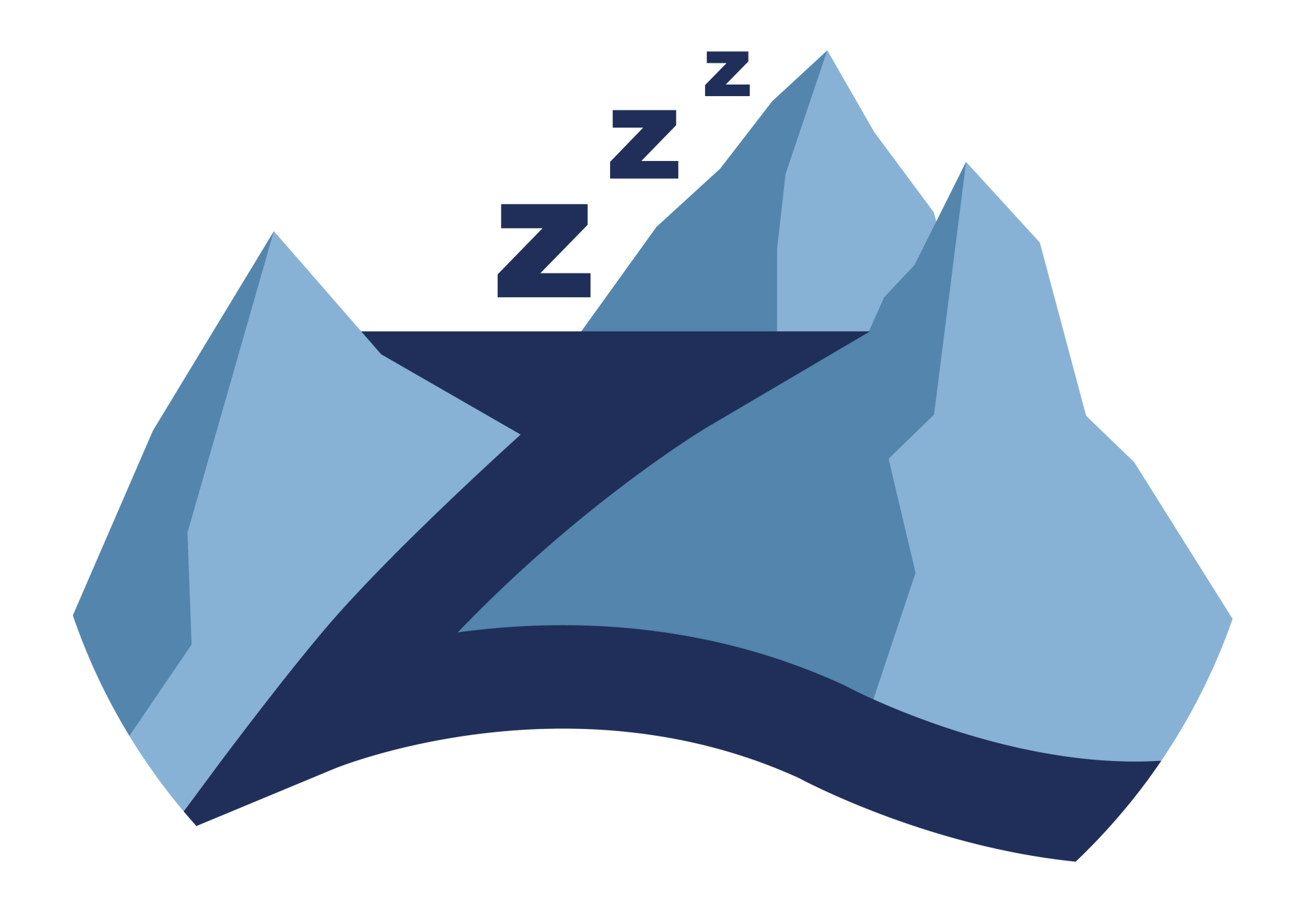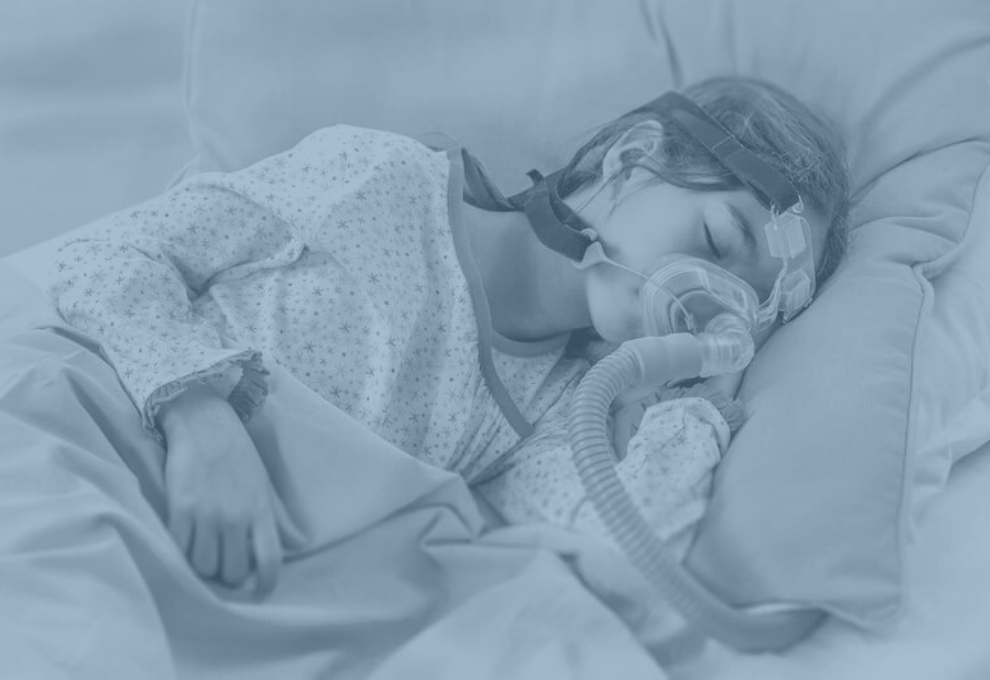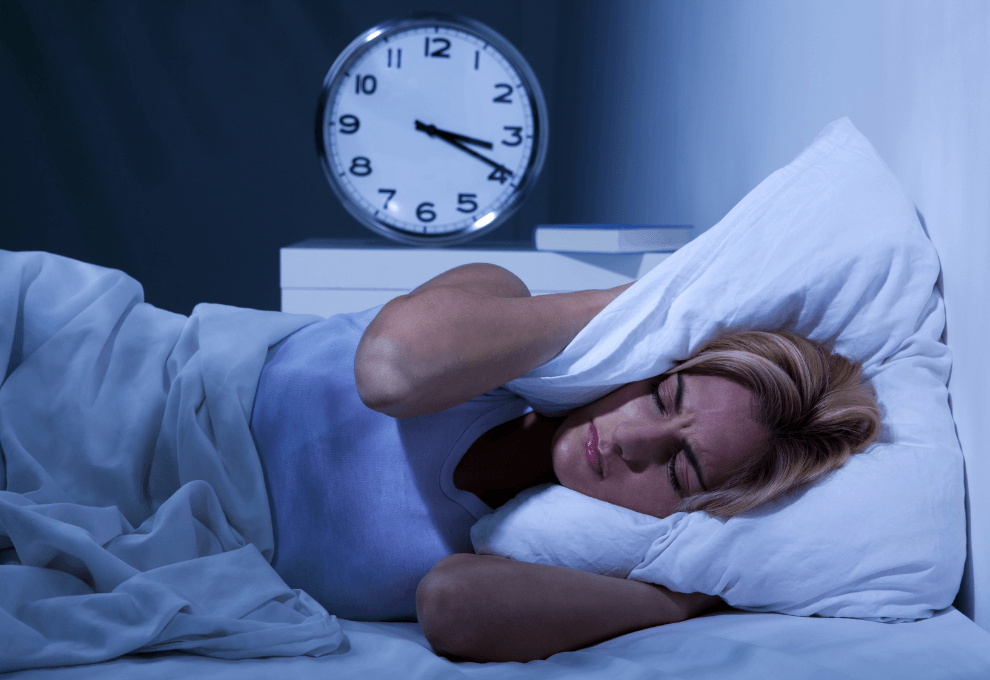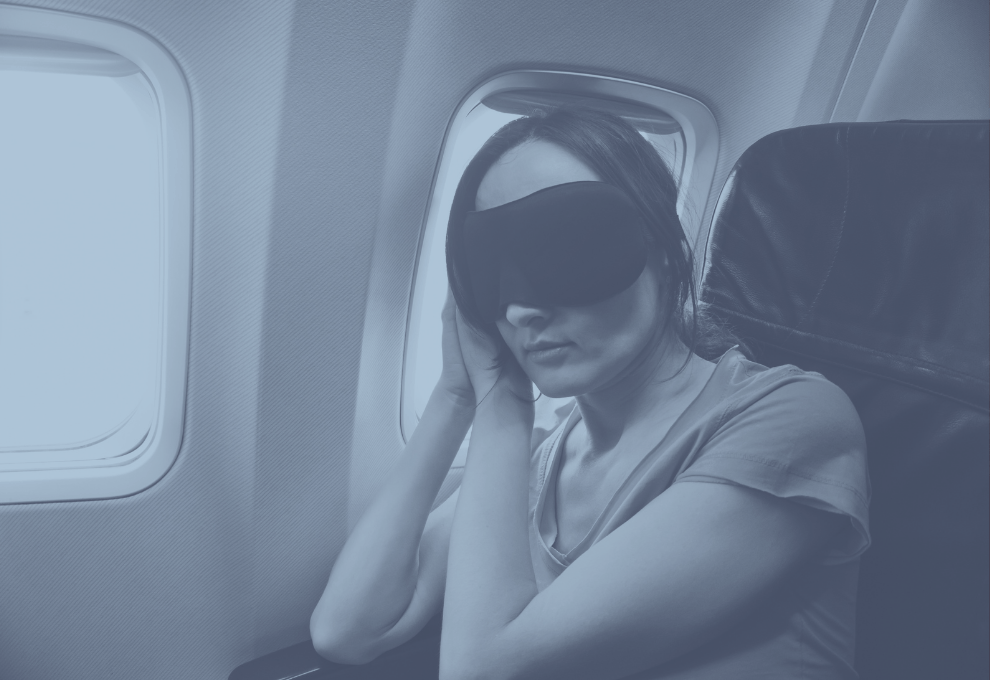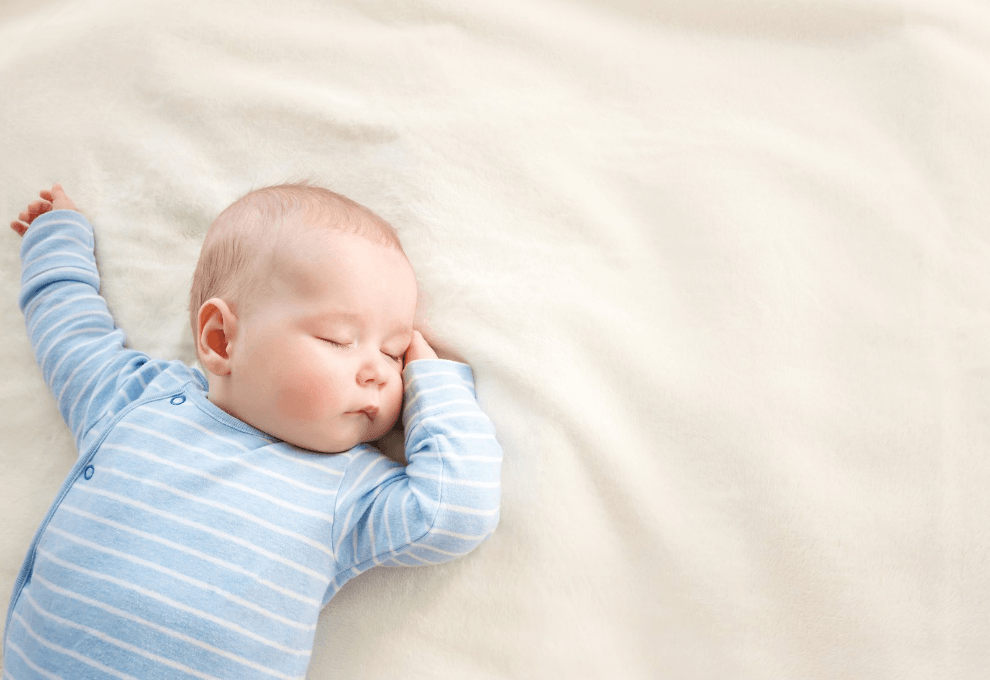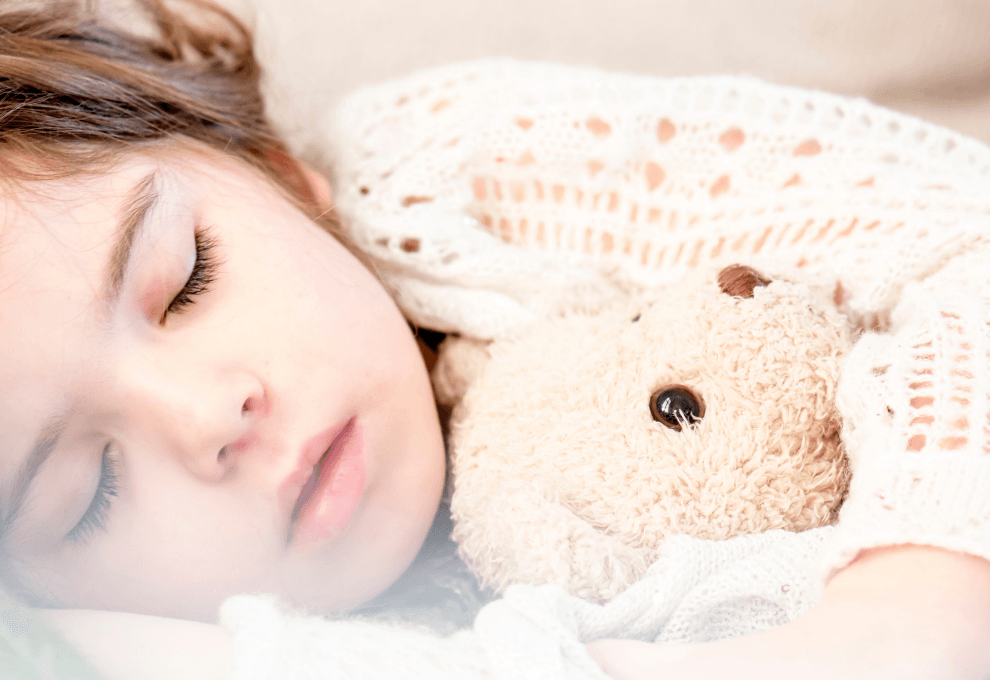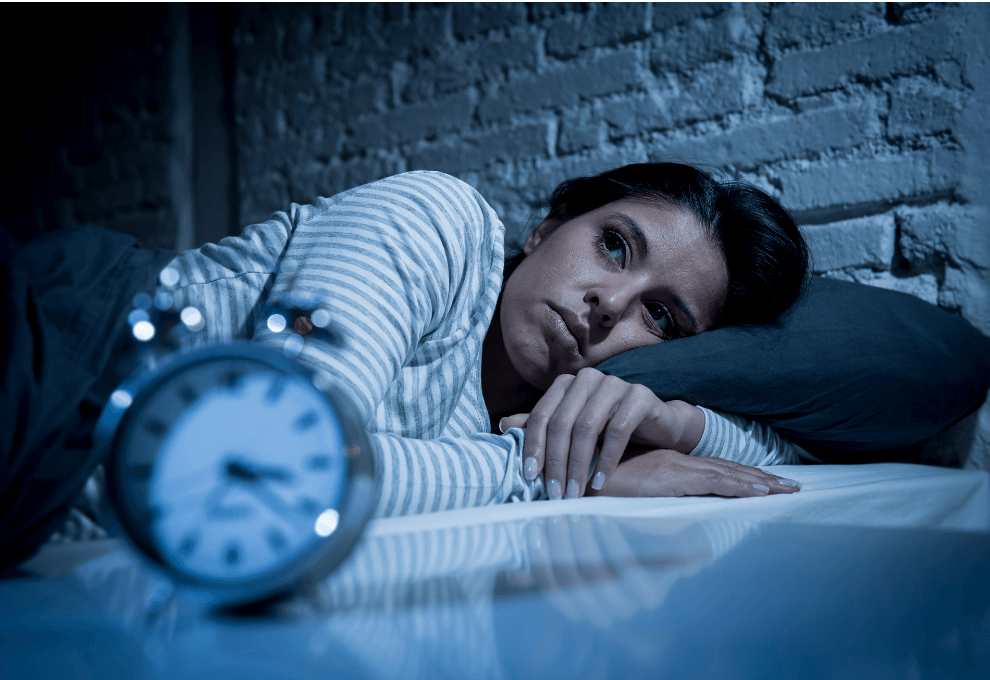Sleep Habits
What do you mean when you say sleep habits?
Instead, I prefer to talk about good sleep habits.
The most important sleep habit: make sleep a priority - you need to schedule it.
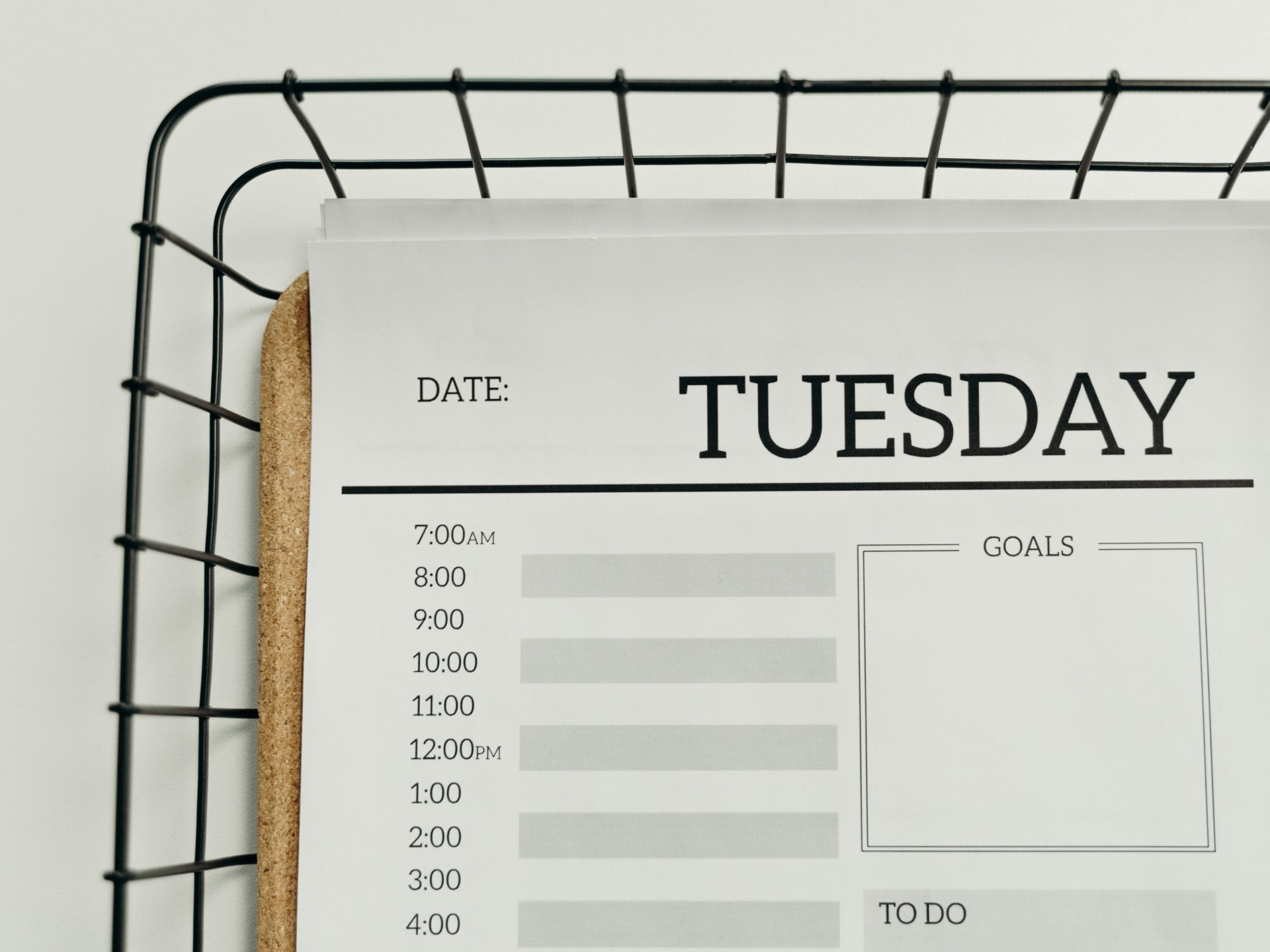
Think of all the things you schedule. You likely make an appointment to get your car serviced, to have your air conditioning system inspected, or to get your hair cut/styled. You know you need to pick up your dry cleaning by 6 pm before they close or grab your dog from the groomer at a specific time. You schedule your day around these mundane tasks; however, it is sleep that gives us the energy to get through the day. Many of us, myself included, sometimes fail to schedule our sleep. For those of us with trouble sleeping, it’s important to not just wait until you feel tired to go to bed. Instead, try to schedule your day around when you plan to go to sleep. Accomplish the tasks of the day while giving yourself some time to unwind before you go to bed. You will be surprised at the results.
Good Sleep Habits:
Do not go to bed if you are not tired.
Do not stay in bed more than 15-20 minutes if you are not sleepy. The worst thing someone who has trouble sleeping can do is stay in bed when not asleep. If you are not asleep after 20 minutes, get out of bed and do some other activity (reading, quiet music, or other non-stimulating activity) until you feel sleepy and want to try again. Repeat this process until you are successful in falling asleep.
Ear plugs and eye patches can be your friends. If you think they will help, use them.
Pick a bed time and an awakening time - stick with it, even on weekends never deviating more than 1 hour when possible.
Keep the house bright in the morning. Keep the house more dimly lit in the evenings.
Avoid caffeine after 2 pm.
When possible, exercise in the morning. Try to avoid exercise after 8 pm.
When possible, give yourself 30-60 minutes to "wind down" at night. This is hard for everyone one, but you need time to decompress at night and if you can find the time for an hour or so before bed to avoid screen time and stimulating activities, it can be very helpful in promoting sleep. If you must work on a computer in the hour before desired sleep onset, try using a blue light filter on your device.
Use your bed (and bedroom) only for sleep. If you do your work, Zooms, schoolwork or whatever in your room or bed and you have trouble sleeping at night, you need to do that work somewhere else.
Keep electronics out of the bedroom as a general rule. If you need white noise (such as a fan or a noise machine) to sleep, make sure it stays on all night.
These are things you can do now to improve your sleep habits; however, for many it is not this easy, and that is where we come in. We look forward to helping you solve your sleep challenges.
